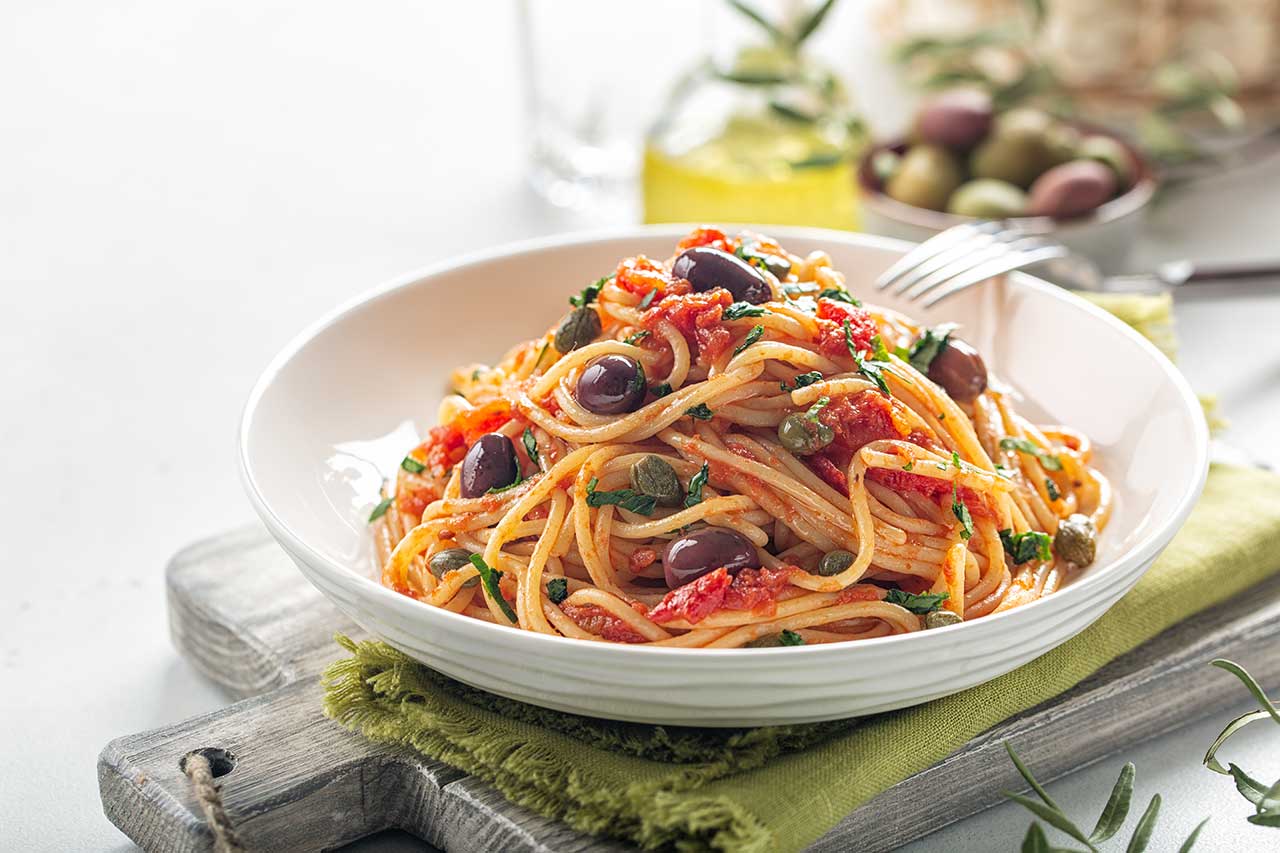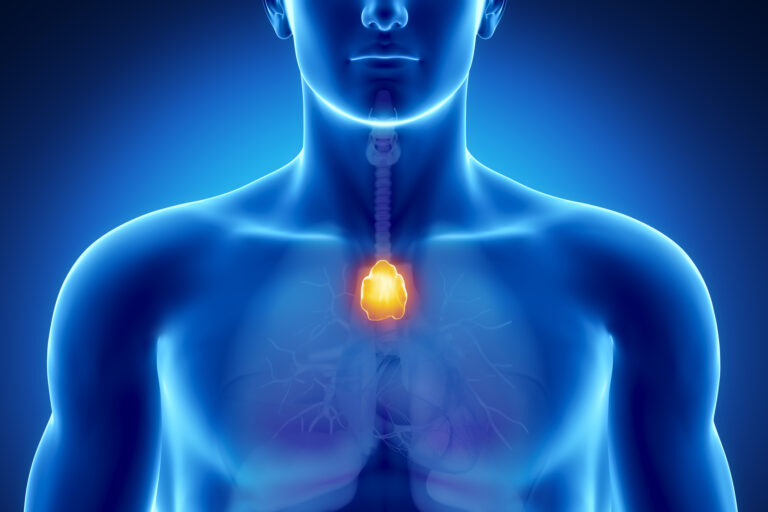
Myasthenia gravis (MG) is a common life-threatening condition that affects millions of people. Although it can be frightening if you have been diagnosed with MG, fortunately, there are many treatment options that can help you get your life back on track. Your physician may recommend following a certain type of diet to minimize the symptoms of MG.
Kumuha ng Paunang Awtorisasyon ng IVIG
What Is Myasthenia Gravis?
Myasthenia gravis (MG) is a chronic autoimmune disorder, which means that the immune system will erroneously attack the body’s own cells. In MG, the antibodies block, alter, or destroy the receptors used for muscle contraction. When this occurs, regular communication between nerves and muscles gets interrupted, causing the skeletal muscles to become weak. There currently is no cure for the condition, however, prompt medical care can help control the symptoms of MG and reduce or improve muscle weakness. There are several therapies available to help reduce and improve muscle weakness, but there is no definite treatment approach that is the best fit for all people with MG.
Symptoms of Myasthenia Gravis
MG mostly affects the voluntary muscles of the body, especially those of the mouth, throat, eyes, and limbs. The sintomas of MG include:
- Weakness in the neck
- Drooping in one or both eyelids
- Blurred or double vision
- Change in facial expression
- Kahirapan sa paglunok
- Impaired speech
- Kinakapos na paghinga
- Problems walking
- Weakness in the arms and hands
- A change in facial expression
In severe cases, MG may cause respiratory failure, which requires immediate emergency medical care.
Because the symptoms of MG can be similar to those of other autoimmune disorders, it is important to reach out to your physician for a proper diagnosis.
Best Diet For Myasthenia Gravis
Maintaining a balanced diet rich in essential nutrients is crucial for overall health. It ensures your body functions optimally, keeps your bones strong, and provides the energy needed to achieve your activities of daily living (ADLs) and exercise goals.
MG may pose some challenges, such as muscle weakness, which could make it more difficult for you to eat certain foods. Medications used to treat MG may affect your appetite, your body’s metabolism, body weight, and your ability to exercise.
To make getting the nutrients that your body needs easier, you need to consider some changes to:
- The types of foods you eat and the way you prepare them.
- The way you chew your food.
- The way you sit when you eat.
- The way you plan your meals.
Each of these topics is covered in greater detail below.
Kumuha ng IVIG Copay Assistance
Makipag-usap sa isang EspesyalistaThe Types of Foods You Can Eat and How To Prepare Them
You should generally eat a variety of foods, being careful to choose those that are low in fats, saturated fats, and cholesterol. Include plenty of vegetables, fruits, whole grains and protein foods. Both sugar and salt should only be used in moderation. If you consume alcoholic beverages, you should do so in moderation, minimally or not at all if possible.
A great way to get started is opting for softer, appetizing foods, as they are easier to chew and swallow. Examples are chopped, mashed or pureed vegetables, fish, soup, egg salad, pastas, yogurt, tofu, quinoa, overnight oats, applesauce, bananas, and smoothies.
Foods that are rich in certain nutrients can be very beneficial as well, such as tomatoes, white beans, lentils, bananas, sweet potatoes, winter squash, beets, spinach, apricots, avocados, oranges, yogurt, portobello mushrooms, and broccoli. These foods are rich in potassium, which is necessary for proper muscle contraction. Some MG medications may cause diarrhea or potassium depletion which may result in low potassium levels in our system, giving more reason for eating foods rich in potassium.
Cooking your food by steaming, poaching, braising, simmering, boiling, and roasting can help make many hard foods softer and easier to chew. Moistening solid foods with gravy, sauce, broth, or yogurt is a good technique for softening food as well. Choose softer protein sources like tofu, fish and beans. When choosing meats, opt for ground, shredded or minced meats for easier chewing. Fluids should be thickened to the consistency that your physician or speech language pathologist recommends to prevent them from accidentally going into your lungs (aspiration), which can lead to aspiration pneumonia.
The Way You Chew Your Food
You should aim to cut your food to appropriate bite-sized pieces, and you may need to limit each swallow to about half of a teaspoonful or less to help prevent the risk of aspiration. You should aim to eat slowly, adequately chewing your food to make sure no large pieces of food are swallowed whole. Lastly, you should be sure to sit in an upright position and be careful not to tilt your head forward or slouch forward when swallowing your food. Other helpful tips include resting between each bite and resting before meals if needed. It may also be helpful to not talk while eating to preserve your energy.
The Way You Plan Your Meals
Planning your meals well can have a very positive impact on your overall well-being. Helpful tips include eating several small meals throughout the day rather than having less frequent, larger meals. Make it your goal to eat your largest meals earlier in the day. During these times, you will typically have more energy, making it easier to chew and swallow your food.
Kunin ang Iyong IVIG Dose
Pagbubuhos sa BahayFoods People With Myasthenia Gravis Should Consider Avoiding

People with MG should avoid certain foods because they can increase the risk of aspiration. Additionally, it is best to limit foods high in added sugar and salt. Examples of foods to limit or avoid include:
- Dry/crunchy/crumbly foods that may be difficult to swallow
- Dry bread products such as bagels, muffins, and sandwiches (If having swallowing difficulty, it is best to avoid foods that turn into a doughy texture in the mouth.)
- Tough meats that are hard to chew and swallow
- Excess packaged foods that are high in added salt or sugar
- Foods with large quantities of caffeine, such as coffee and soda
- Hot, spicy foods
- Certain dairy foods if you are lactose intolerant
Be careful, especially when sipping liquids, as they can slip easily into your lungs and cause you to cough or choke. Extra caution should also be taken when you swallow foods that have both liquids and chunks/lumps such as chicken noodle soup or cereal in milk. People with MG vary on the severity of how much their muscles for swallowing are affected. Being evaluated by a speech pathologist can determine which consistency of foods and liquids is best for you.
Tips for Eating With Myasthenia Gravis
It is best to try to eat foods that do not leave a residue in your throat to prevent making swallowing difficult. For instance, avoid these foods if they leave a residue in your mouth:
- Crumbly foods (crackers, cookies, chips)
- Dry bread products
Tip: If you decide to eat these foods and/or other hard foods, it is recommended to moisten them before doing so.
To reduce fatigue while eating, some considerations include:
- Eating several small meals instead of three large meals in a day
- Eating the largest meal when you have the most energy in the day
- Cutting larger foods down into smaller bites
Always talk to your physician and dietitian before implementing additional nutritional supplements to your diet.
Konklusyon
Although myasthenia gravis is a condition with no cure, the management of the disorder has been improving over the years through advancements in medication. By applying the basic principles of good nutrition, a person with MG can live a more fulfilling and healthy life. Diet quality is one of the keys to a healthy life. Even though people with MG may have to alter the texture of the foods they are eating and incorporate new soft foods, they should still aim to eat a variety of foods to meet their daily nutrient recommendations.
Makakatulong ba ang IVIG?
Libreng Impormasyon sa Paggamot ng IVIGMga Madalas Itanong
Can a good diet cure Myasthenia Gravis?
There is no evidence based research to date showing that a good diet can prevent MG. However, following a good diet can help reduce symptoms.
If you are taking corticosteroids, consider the following dietary adjustments:
- Increase potassium intake to help replenish potassium lost due to the medication.
- Ensure sufficient calcium to support bone health and reduce the risk of bone loss.
- Limit sodium consumption to help minimize fluid retention.
Even if not on corticosteroids, eating a healthy diet and hitting the daily nutrient recommendations can have many benefits. Additionally some supplements may be helpful with managing symptoms. For instance, in a pilot study of people who were vitamin D deficient and had MG, supplementing Vitamin D3 to 800 IU/day reduced muscle fatigue by 38% in people with MG.
Can stress worsen your symptoms?
Yes, stress causes muscle tension which can worsen MG symptoms. You can manage your stress level through meditation and deep breathing exercises, but if you don’t have time for these exercises or feel that they are not helpful, you should always talk to your physician about a personalized treatment plan.
Can alcohol worsen MG symptoms?
Alcohol can cause blurred vision, loss of balance, and slurred speech. Drinking in moderation may not cause harm, but make sure you first seek the advice of your physician before consuming alcohol.













